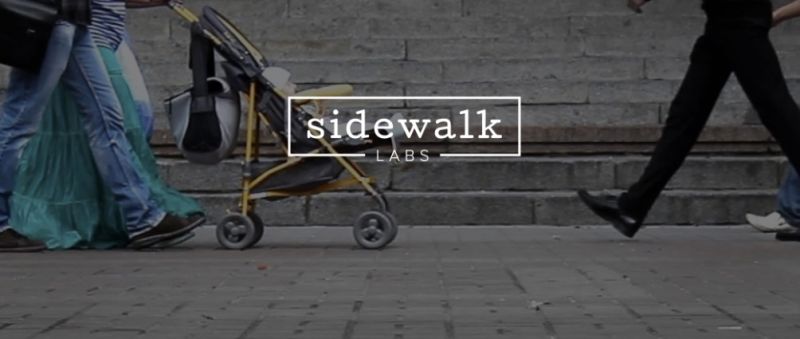
The smart city is on the horizon, and if Alphabet’s Sidewalk Labs has anything to do with it, it’ll have subsidized ride-sharing, “Airbnb for cars,” and AI that helps parking cops fine the most people.
We’ve long known that Sidewalk, owned by Google parent company Alphabet, is working on the “city of the future.” It brought free wi-fi kiosks to New York City, but is focusing on the problem of public transit and recently found its first guinea pig: Columbus, Ohio, which just won the Department of Transportation’s $140 million “SmartCity” challenge.
Proposals obtained by The Guardian using public records requests reveal details of just what changes Sidewalk would make. First up: Overhaul the nightmare of parking with Flow, its platform that collects and analyzes transportation data. Under this plan, Sidewalk cars with cameras would count all the public parking spots and read parking signs. Flow would then combine this data with Google Maps and live parking-meter information to estimate which areas are free and direct drivers to the nearest available spot and possibly save them a ragestroke. Sounds decent.
Advertisement
Then there’s the idea for an“Airbnb for cars”-type arrangement (or as Sidewalk calls it, “virtualized parking”). If private parking garages want in on the fun and agree to add their spaces to the Flow database, Sidewalk proposes letting offices temporarily rent parking spaces that would otherwise be reserved for shoppers.
And of course, no business plan would be complete if it didn’t showcase the eternal tension between wanting to help people and wanting to make money off people. Sidewalk wants to subsidize ride-sharing for low-income residents (which is already happening in Florida), but it also wants to implement an AI that helps parking cops find the best routes—all the better to fine you!—and earn the city an extra $4 million a year.
Sponsored
None of these proposals have been approved yet, possibly because they’d require a lot of work on the city’s end. To achieve the dream of better parking, Columbus would likely need to revamp parking signs, share parking and rider information, and retrain those parking cops to use that glorious fine-maximizing AI. For Flow to work, Sidewalk needs to easily charge a bunch of different vendors, so Columbus might need to invest in Sidewalk’s mobile payment system —a big switch that would very closely align public transportation with a private technology company.
Columbus certainly wouldn’t be the first to walk this line. As more and more private companies team up with the government to provide services (whether it’s SpaceX and its national security contract or Sidewalk and the DoT), it’s becoming more and more clear that the two are co-dependent and there really is no line between politics and tech.













